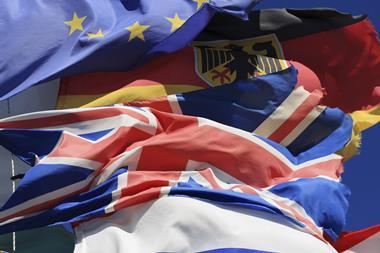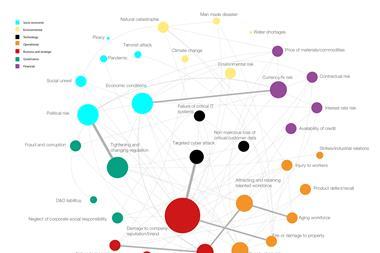A Brexit could have good and bad effects on Malta, but the UK losing its passporting rights in the EU is likely to be particularly disruptive

If the UK votes to leave the EU, it is reported that a two-year notice period would be given for negotiations. There is still much speculation on what a Brexit could really mean and comparisons have been drawn to Norway and Switzerland. Such special arrangements would reasonably take much longer than two years to negotiate.
Britain would face having to negotiate access to the EU’s single market in exchange for continued adherence to its rules, or losing access in return for more regulatory sovereignty. EU member states may wish to discourage other countries from following suit and the UK would be in a weak negotiating position, having shown its hand through the referendum.
However, a Brexit would leave a weaker EU and some countries like Germany that have trading surpluses towards the UK could try to seek a win-win and reduce the pain of the break-up.
Britain is home to a larger stock of EU foreign direct investment (FDI) than any other EU economy and is the preferred location for investment from other leading markets. Some of this could be threatened by a UK exit from the EU. Markets are already volatile. This is likely to increase as the referendum approaches, especially if the polls suggest that a Brexit is more likely than not. European investment managers are stress-testing their funds for what could happen in the run-up to the referendum and in the event of a vote to leave. Scenarios could include a decline in UK equities or sterling-denominated bonds or depreciation in sterling.
In theory, financial services passporting into the EU would no longer be possible following a Brexit, unless the UK remained part of the European Economic Area (EEA) or another special arrangement could be negotiated. The same applies to other free trade. That uncertainty may encourage businesses to move to or set up subsidiary fronting operations in other EU countries from where they can have direct access to 30 member states of the EEA.
Considering the importance of the London reinsurance market, it is reasonable to assume that the UK would apply for Solvency II equivalence like Bermuda and Switzerland. UK insurers and reinsurers would then have to apply Solvency II rules or similar without much say in their drafting while also having a degree of local gold-plating.
There could be positive and negative impacts for Malta in the event of a Brexit, but ultimately it would be better for Malta if the UK stayed in the EU, not least as the UK is an important trading partner. Businesses trading with the UK would need to reconsider their strategies. Due to the current uncertainty, businesses will already be giving preference to continental European ventures, rather than UK ones.
The sector most affected by Brexit would be financial services. If the UK loses its passporting rights, businesses in Malta providing financial services to the UK could be required to use UK fronting partners or set up fronting subsidiaries in the UK. On the other hand, Malta may attract business from the UK and Gibraltar in the same way it does from Switzerland, as it could offer passporting within the EU. In insurance, the only other current domicile in the EU with Protected Cell Legislation is Gibraltar. In a Brexit, this would be relegated to offshore status and cells with direct EU exposures would likely redomicile to Malta.
In periods of high uncertainty, risk managers can show their worth by helping their organisations identify, assess and manage the fulfilment of new opportunities. Every cloud has a silver lining.
By Ian Stafrace, president of the Malta Association of Risk Management




















No comments yet